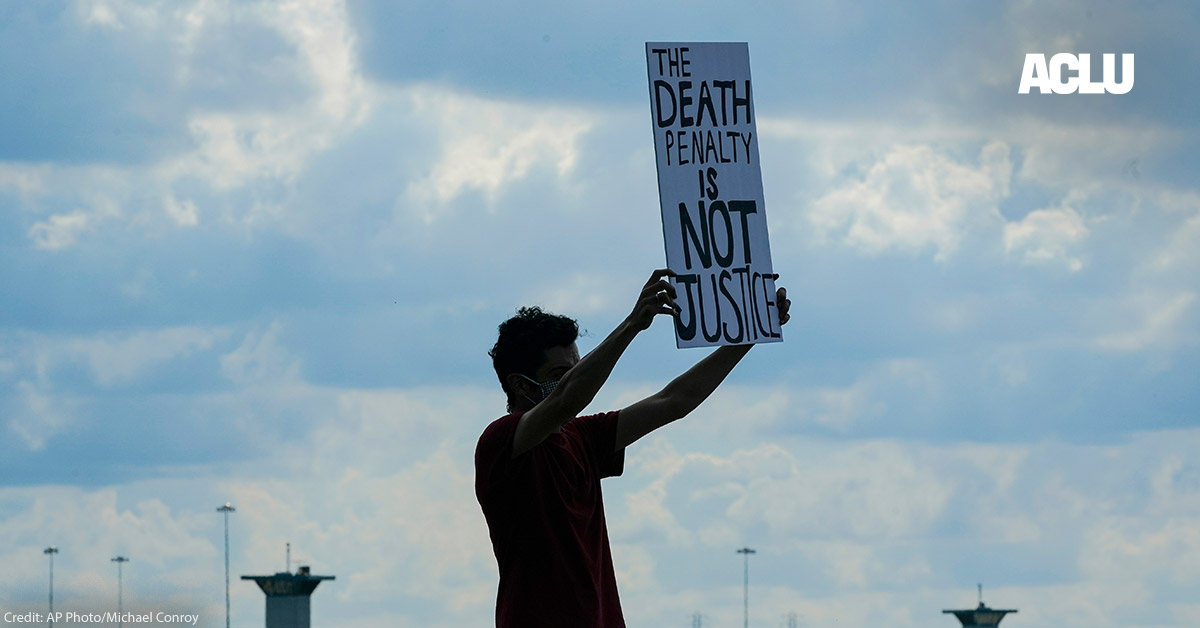
Tabler v. Lumpkin
Emergency Docket
The emergency docket, sometimes called the âshadow docket,â consists mostly of requests by losing parties in the courts below for a stay of an injunction issued by the lower court, or for an injunction pending certiorari. They are supposed to be limited to circumstances in which emergency relief is requested.
What's at Stake
In Tabler v. Lumpkin, the šėÐÓĘÓÆĩ represents a Texas death row prisoner whose lawyers refused to represent him at a hearing to determine his capacity to decide whether to give up his state post-conviction appeals, leaving him effectively unrepresented at that hearing. Our petition asks the Supreme Court to review Richard Tablerâs case and to hold that when a defendantâs lawyers abandon him, his waiver of further appeals should not bar his access to federal habeas corpus review of the constitutionality of his conviction.
Summary
The federal writ of habeas corpus provides a remedy for state prisoners who can show that they are in custody in violation of their federal rights, including the right to effective assistance of counsel at trial. Federal courts, however, out of respect for state courtsâ procedures, will not grant relief if the state courts denied the claim because a petitioner did not comply with a state procedural rule.
Texas death row prisoner Richard Tabler asked a federal court for a new penalty trial because he received ineffective assistance from his trial lawyers. The federal court, however, refused to hear his claim because he had dropped his litigation of the same claim in state court. But Mr. Tabler, who suffers from severe mental impairments, dropped his state appeals in a hearing at which his appointed lawyers refused to participate, leaving him without legal representation.
Our petition asks the Supreme Court to decide whether Mr. Tablerâs abandonment by his attorneys at a key hearing should âexcuseâ his non-compliance with a state procedural rule, and thus allow the federal court to review his federal claim: that his trial counsel provided ineffective assistance under the Sixth Amendment to the Constitution.
UPDATE: The Supreme Court denied Richardâs petition on October 7, 2024, and the state of Texas shortly afterwards scheduled his execution for February 13, 2025. The execution went forward on February 13 as scheduled. Through his faith, writing, and art, Richard used his time on death row for reflection on his past and sincere efforts at personal growth. He used his final statement to express his profound remorse for the pain he had caused and his hope for redemption. Those who knew him best will remember him as a caring person who forged bonds of mutual support with many around him â inside and outside prison.
Legal Documents
-
07/02/2024
Reply In Support of Petition for Writ of Certiorari -
06/14/2024
Brief in Opposition -
04/11/2024
Petition for Writ of Certiorari
Date Filed: 07/02/2024
Court: United States Supreme Court
Date Filed: 06/14/2024
Court: United States Supreme Court
Date Filed: 04/11/2024
Court: United States Supreme Court